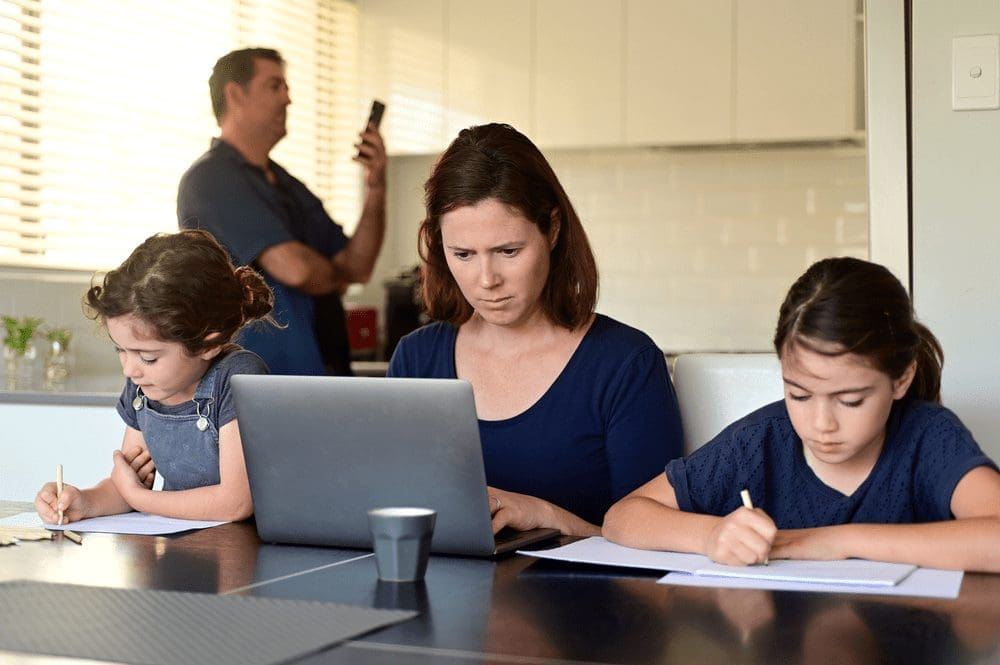
“What can you do today to create a world of possibility beyond today’s current reality?”
~ Leslie Yerkes
What is good for the goose is good for the gander.
I like asking questions and learning about others. I especially relish discovering that they already know what they need to know. But I am really chagrined when a coachee of mine or someone participating in a group that I am facilitating turns the tables on me and poses big, generative questions for me to consider. I know that when I pause to reflect, I grow when I entertain the same big questions.
This week, Aaron, a member of a group that I am leading, wrote an email to thank me for my provocative questions about our current situation and to also frame some questions for me. He remembered that I had used an example of how I had reinvented myself and adapted during recessional times and posed these questions to me:
• How is this situation similar/different as compared to the great recession (and I would include the weak financial times of the 90’s, post 9/11 and 2008)?
• Your company has changed…how is the role of your company today versus 2008/2009?
• How has your role as a leader changed from 2008 to 2020?
I share these questions with you because I believe that ‘Life is A Teacher’ and that we have experiences collectively that will help to guide us in this current situation. I also believe that your values system is one of the best guide rails for complexity and great challenge. If you hold true to your values and operating principles you will navigate with integrity, which will preserve your reputation and relationships from which to build a stronger future.
As we pivot into working virtually and engaging the bright minds of our workforce, my conversations have included some fundamental questions:
• Are you safe and well?
• Do you need anything?
• On a scale of 1 to 10 with, 1 being you are nonplused by COVID 19 and 10 being you are highly stressed and fearful, where do you fall on the scale?
• How are you and your organization being relevant in this new environment?
• What innovations are you embracing to stay engaged and functional? How are they serving you and will you keep them moving forward?
• What is on your immediate list of things that need to get done and what are you holding that will have a long-term, positive impact on you, your family or your organization?
• What is the new rhythm of how you are using your time and creating boundaries?
• What is showing up that you are proud of, surprised by and want to crow about?
There are themes to what I am hearing:
We are busier than ever. In an effort to communicate well, our daily time is spent on virtual meetings, calls, and an increasing amount of email. This is not a vacation.
The demands of the household (children, pets, spouses, etc.) make maintaining boundaries around the work super challenging. This work from home experience is different for everyone. Finding a rhythm and balance is hard but everyone I spoke with is finding a new structure and working very hard on all fronts.
It was very encouraging to hear that many organizations are busy and contributing and those that are slow or closed anticipate that there will be a wave of demand to follow. The challenge is how to keep the organization healthy while keeping one’s workforce healthy. Time spent planning for the financial impact is a top priority. Everyone was on top of taking advantage of the stimulus loans and opportunities and finding way to contribute to smaller enterprises to ensure their survival.
Every person reported the gift of needing to embrace an innovation that was on their list of things to do, but which became immediate. These innovations will result in our changing forever the way we work. There is no going back. We just got a big ‘kick in the pants.’ If you grab it and run, your organization can be healthier and stronger after this game changing life interruption.
• What are you doing to remain informed, grounded and emotionally stable for your family, friends and workforce?
• What habits are you maintaining for self-care and what aren’t you doing?
We will all experience short-term pain with on-going impact and we hold the possibility of long-term gain if with act with thoughtful intention.
• How are you addressing your pain?
I just made a commitment to a five-day fasting regime as I have been rewarding myself with carbohydrates and sugar. I can see the effects of this not-so-good habit in my double-chin and growing waist line. I have gained and lost weight all of my life and don’t want to lose my physical well-being now. Thanks to a client’s own experience, I immediately followed her example and recommendation.
• Is there any common-sense wisdom that you know or have learned that would be helpful to all of us?
You might have noticed that I avoided the questions posed by my colleague…that’s a little consultant aikido trick. But I will not dodge his inquiry.
Tomorrow I will share my reflections on Aaron’s big questions.

Recent Comments